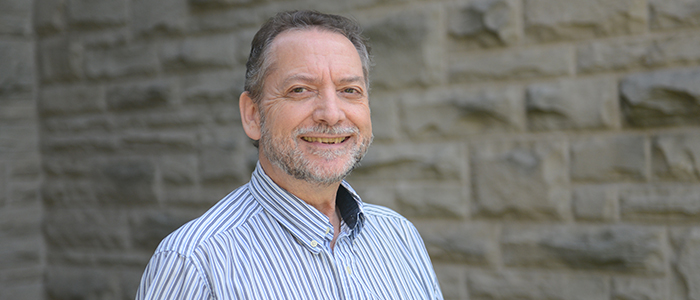$30 million in funding a reason for celebration

The start of the academic year is an exciting time. There is so much energy with the influx of students and the variety of activities planned to welcome and orient all the new arrivals to Western University and London.
Many of us recognize that in the last several years there has been considerable angst among both faculty and trainees, particularly with the devastating effects of the changes with the CIHR processes and dropping of a second competition.
However, despite the negatives, there have recently been some bright lights. One example is the result of the most recent CIHR competitions, in which Schulich Medicine & Dentistry researchers received more than $30 million, with success percentage exceeding the national average. This is just one example among several that took place over the summer months. Click here for a list of faculty members who received CIHR funding.
What often is not recognized or publicized is that this grant success is great news for trainees as well. Grant funds not only provide resources and equipment essential to carry out experiments, but are also vital in providing trainee support. In addition, coupled with the anticipated progress from that research, they provide opportunities for some of our best trainees to improve their competitiveness for a variety of external personal support. Again, success in external awards frees up funding for additional trainees — now that’s a win-win-win!
There are two other positives that need to be reflected upon. The first is the difference in attitude which has been projected by the newly elected Federal Government and the ministers of science and technology. It was recently announced that the Government has increased funding by 50 per cent toward its student grant program, which exemplifies the consequences of the attitude shift.
The second is the response by the CIHR to nation-wide concerns about their changed processes, which has resulted in an open dialogue on mechanisms to improve the processes and the establishment of the Naylor Commission, which is soliciting input aimed at improvements. I’m optimistic, but at the same time the real proof will be in any changes implemented and resulting impact on funding.
So join me and your colleagues at Schulich Medicine & Dentistry to celebrate the diverse accomplishments of the successful faculty and to recognize the opportunities that this success provides for both research productivity and trainee support.
Respectfully,
Doug Jones,
Vice-Dean, Basic Medical Sciences








